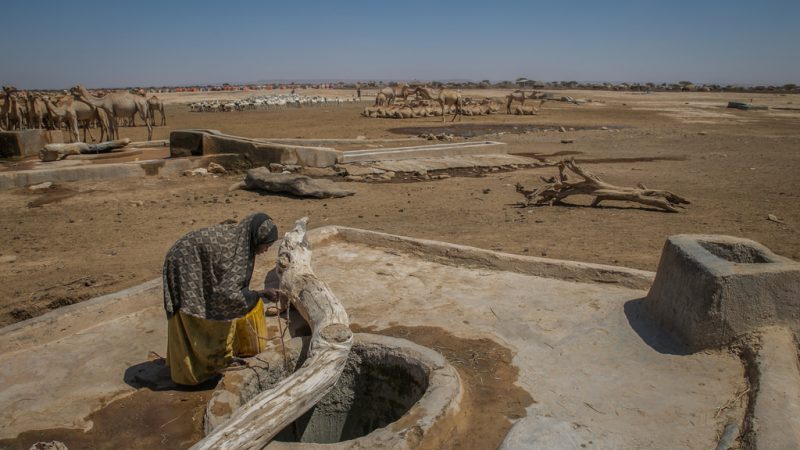The recent rejection of two major adaptation projects by the board of the Green Climate Fund (GCF) from Bangladesh and Ethiopia has caused the board of the GCF to re-examine how adaptation projects should be analysed and supported going forward.
The proposals were not supported on the grounds they had not made a sufficiently clear case that they constituted an adaptation to climate change and not just standard development actions.
‘Adaptation’ to climate change – projects that build resilience to the new climate – as opposed to ‘mitigation’ – projects that reduce emissions and try to avert more warming – is an often neglected area. Under the Paris Agreement, half of all climate finance must be directed towards adaptation projects. Yet they have struggled to get access to funds, with recent problems in the GCF the latest example.
Report: Green Climate Fund urged to embrace development links
Two other adaptation-focused funds were set up some years ago under the United Nations Framework Convention on Climate Change (UNFCCC) – namely the Least Developed Countries Fund (LDCF) and the Adaptation Fund (AF). They have also carried out reviews to develop their strategies for supporting adaptation activities going forward.
Now is therefore a good time to review lessons from the past in terms of both what has worked and what has not.
The two major flaws in the process so far have been the inability to distinguish between adaptation and development in the proposals and the inability of the funds that were actually allocated, with some notable exceptions, to reach the most vulnerable countries and communities.
Climate Weekly: Sign up for your essential climate news update
The LDCF and AF having been in operation for longer than the GCF have gained some valuable lessons in how best to support adaptation of the most vulnerable and also how to blend adaptation funding with development funding at the national level.
The first lesson is to allow decision making on adaptation actions to be devolved down to the national and even sub-national levels. A good example was support for coastal erosion protection in Senegal by the AF, where local government and local communities were involved in decisions regarding the priorities for funding.
The second lesson is to allow adaptation funds to be used in combination with national development funds rather than insisting on supporting stand alone adaptation projects only. The LDCF has been good at enabling projects to be funded based on each country’s own National Adaptation Programme of Action. The LDCF also focused on the most vulnerable developing countries.
Thus it is important that the GCF, the AF and the LDCF share lessons with each other and perhaps find synergies in working together with each developing its own niche.
They could also collectively join forces to ensure that all adaptation activities they fund have robust monitoring, evaluation and learning built into the process. There should be an emphasis on adaptation as a learning-by-doing process, but unless there is an explicit investment in learning, lessons will not be learned.
Finally, there needs to be a change in emphasis from supporting adaptation projects and even programmes to a more system-wide transformative adaptation of entire countries over the longer term. This would mean a greater investment in the human adaptive capacity of the younger generation in each country.
Saleemul Huq is director of the International Centre for Climate Change and Development in Dhaka and a senior fellow at the International Institute for Environment and Development in London.
